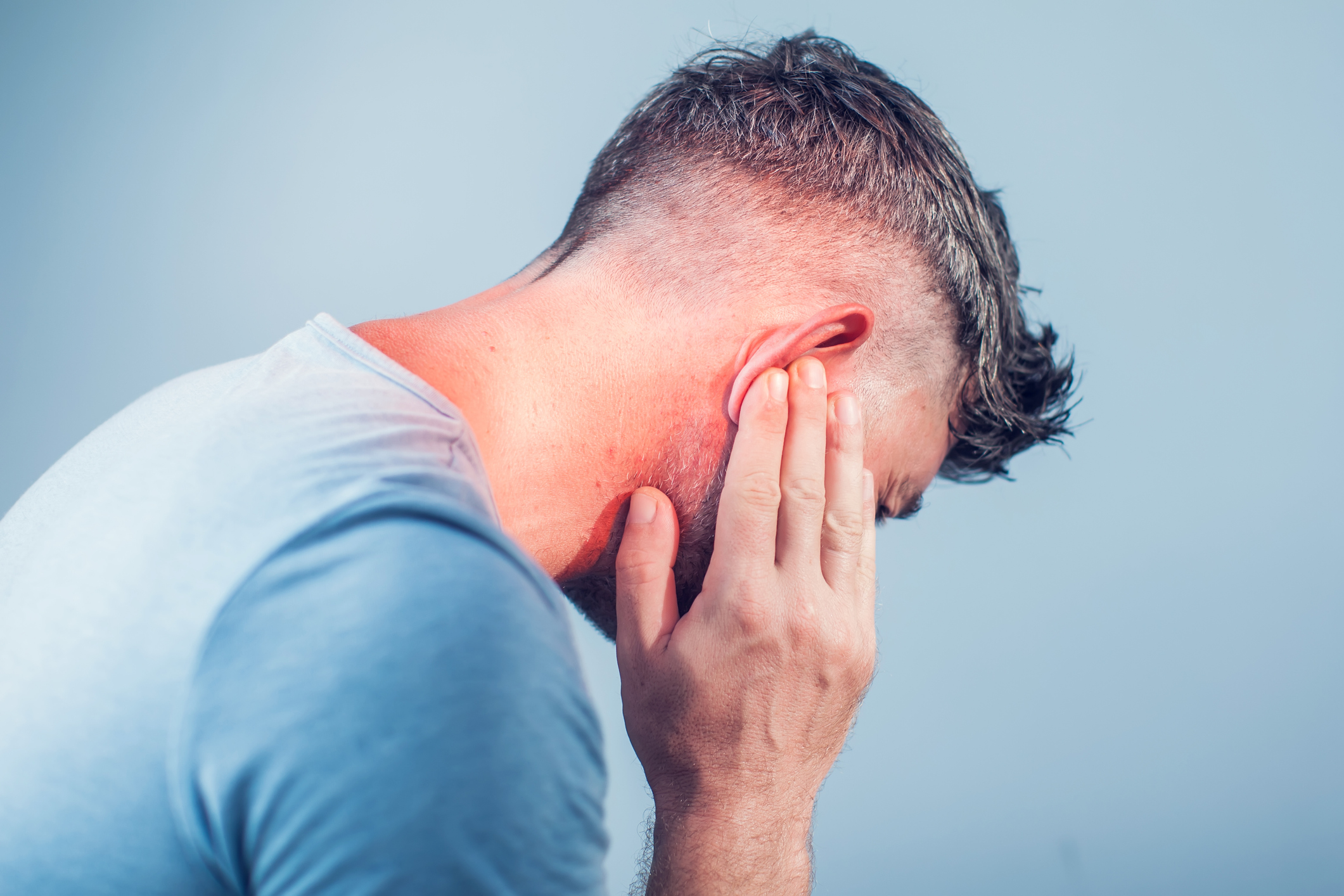Get Easy Health Digest™ in your inbox and don’t miss a thing when you subscribe today. Plus, get the free bonus report, Mother Nature’s Tips, Tricks and Remedies for Cholesterol, Blood Pressure & Blood Sugar as my way of saying welcome to the community!
The road that leads to tinnitus noise triggers

Tinnitus is a symptom, not a disease. And while often the source of that persistent clicking, buzzing, whooshing or whistling sound can be traced to hearing loss or damage, that’s just one in a very long list of possible causes.
In fact, the American Tinnitus Association cites roughly 200 different health conditions that can generate tinnitus as a symptom.
- Ear canal blockage (such as a buildup of earwax or other debris)
- TMJ
- Meniere’s disease
- High blood pressure
- Atherosclerosis
- Thyroid problems
- Hormonal changes
- COVID-19
Certain over-the-counter and prescription medications have been linked to tinnitus as well. But new research is begging the question…
Could traffic noise be another source?
Tinnitus isn’t always triggered by a health issue. Exposure to loud noises can definitely set off a bout of tinnitus. And if the noises are continuous, the tinnitus they cause could linger as well.
Take traffic noise, for instance. One study involving data from 3.5 million Danish people found the more traffic noise they were exposed to in their homes, the higher their odds of developing tinnitus.
According to the data, with every 10-decibel increase in traffic noise in an individual’s home, their risk of developing tinnitus increases by 6 percent. Just to get a general idea, 70 to 80 decibels is the average noise level from a busy urban street. Heavy truck or motorcycle traffic can ramp that up to 85 to 95 decibels. A quiet neighborhood would be closer to 45 to 55 decibels.
Researchers from the University of Southern Denmark (SDU) believe that living near a busy road may increase your stress levels and disturb your sleep — both of which are factors in raising the risk of tinnitus.
This study marks the first time researchers have found a link between residential traffic noise exposure and effects on hearing — although a previous SDU study in 2021 found a link between traffic noise and dementia.
“It is alarming that noise seems to increase the risk of tinnitus, cardiovascular diseases and dementia, among other diseases,” says SDU professor Dr. Jesper Hvass Schmidt.
The researchers note that more studies are needed to confirm that traffic noise causes tinnitus and explore how this happens.
Protecting yourself from noise pollution
According to the researchers, nighttime noise can be even worse for health.
“It affects our sleep, which is so important for restoring both our physical and mental health,” says Manuella Lech Cantuaria, PhD., SDU Assistant Professor. “Therefore, it is worth considering whether you can do something to improve your sleep if you live next to a busy road.”
One of the best things you can do is sleep in a bedroom that is on the side of the house not facing a road. Installing soundproof windows in your home also helps. However, not everyone has these options.
If you live in an apartment or condo, try lining the wall facing the street with bookshelves and books, or place a wardrobe, clothing rack or linen storage unit there. All of these obstacles will help absorb some of the street noise.
And there are some steps you can take to both help reduce the misery it causes and reduce your risk of developing tinnitus in the first place…
- Drink caffeinated coffee or tea. Research shows this can reduce your tinnitus risk.
- Get enough magnesium. This mineral may help dial down the internal noise-making caused by tinnitus.
- Add a CoQ10 supplement. One study found supplementing with 100 mg of CoQ10 three times a day significantly improved tinnitus symptoms.
- Try a tinnitus app. This app trains your brain to ignore tinnitus-generated sounds.
- Do this one-minute exercise (with video). It has been found to reduce ear ringing related to tinnitus.
- Engage in mindfulness. This can help your brain accept the noise as normal, which helps you tune it out.
Editor’s note: There are perfectly safe and natural ways to decrease your risk of blood clots including the 25-cent vitamin, the nutrient that acts as a natural blood thinner and the powerful herb that helps clear plaque. To discover these and other secrets of long-lived hearts, click here for Hushed Up Natural Heart Cures and Common Misconceptions of Popular Heart Treatments!
Sources:
Researchers find a link between traffic noise and tinnitus — University of Southern Denmark
Transportation Noise and Risk of Tinnitus: A Nationwide Cohort Study from Denmark — Environmental Health Perspectives
Why Are My Ears Ringing? — American Tinnitus Association
Tips for Dealing with Noise from the Street — Apartment Therapy
Colorado Department of Transportation — Noise FAQs













